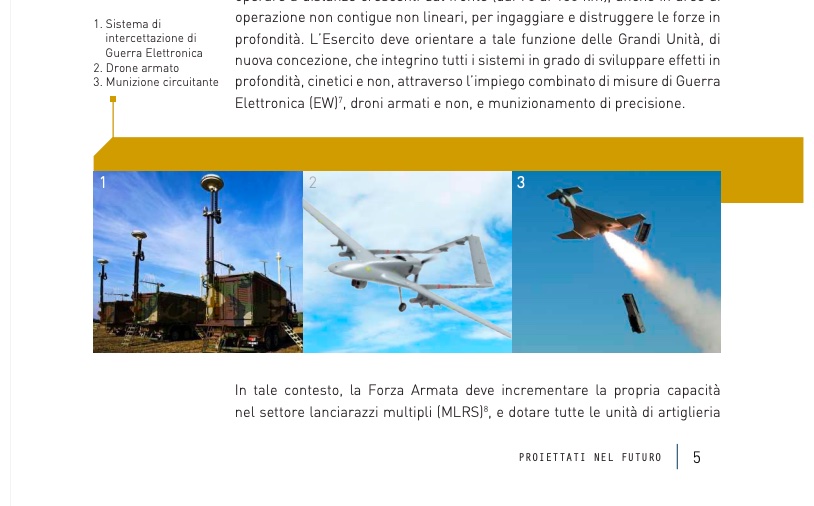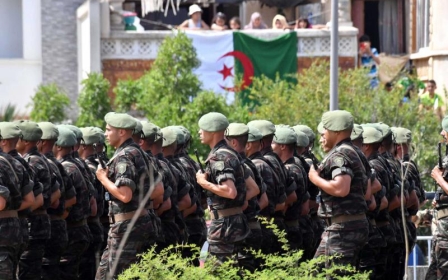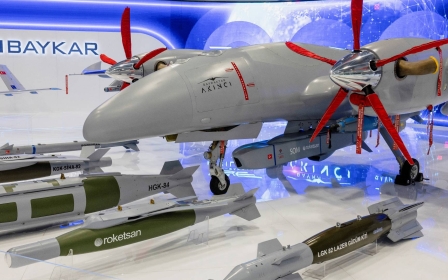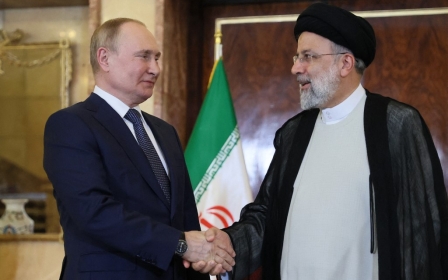What's behind Italy's interest in Turkish drones?
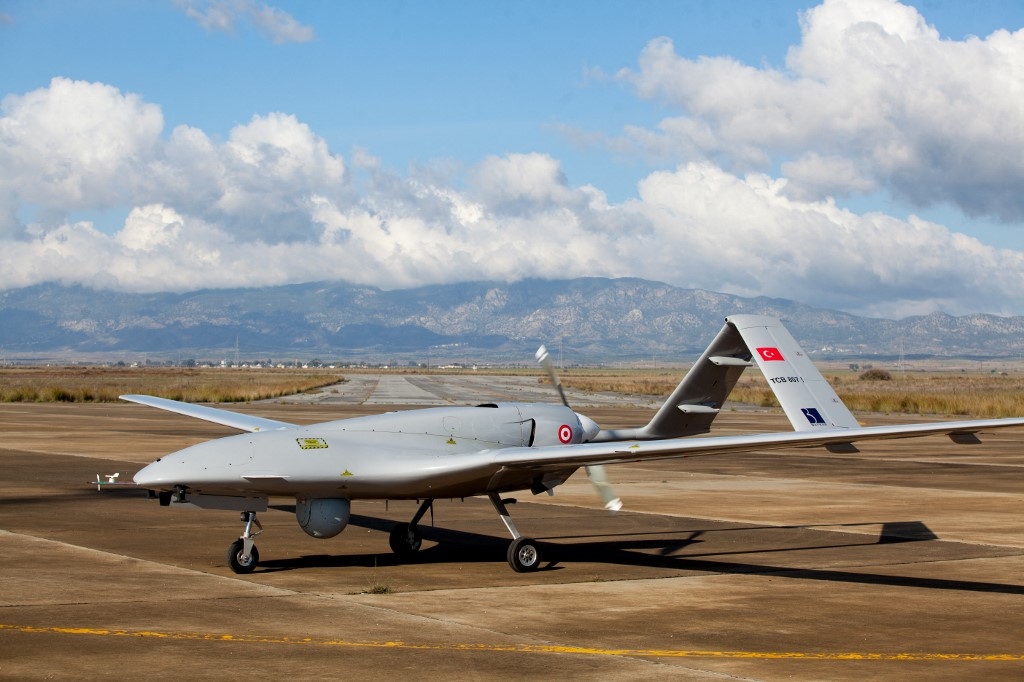
When Italy’s new prime minister, Giorgia Meloni, met Turkish President Recep Tayyip Erdogan last month, no one expected them to charm one another.
Meloni has a history of being publicly against Turkey joining the EU, and has strongly supported the acknowledgement of the Armenian genocide. Yet she was all smiles when meeting Erdogan, and impressed the Turkish president.
“She is an outspoken lady and our first meeting was very serious and decisive,” Erdogan said in November after his first meeting with Meloni on the sidelines of the G-20 summit in Bali, Indonesia. “Italy is a country which we will be in solidarity with in Europe.”
Soon after the meeting, several local Turkish reports alleged that Meloni made a request: she was interested in purchasing Turkey’s renowned armed drones. The allegation raised eyebrows in the foreign policy community, as Italy has been operating US-made MQ-9 Reaper drones, which are considered to be more advanced.
One Turkish source familiar with the Meloni-Erdogan meeting told Middle East Eye that the prime minister indeed raised the possibility of purchasing Turkish drones. “She was mainly interested in them for surveillance purposes against illegal immigrants,” the source said. “The energy between Erdogan and Meloni was excellent.”
New MEE newsletter: Jerusalem Dispatch
Sign up to get the latest insights and analysis on Israel-Palestine, alongside Turkey Unpacked and other MEE newsletters
'Meloni was mainly interested in Turkish drones for surveillance purposes against the illegal immigrants'
- Turkish source
The source added that Erdogan, in return, demanded Italian cooperation for the joint production of the SAMP/T air defence system, which has been under negotiations since 2017. The system is co-produced by Turkey, France and Italy, but Turkish and French officials say the project can't progress unless Italy drops its technical objections or proposes new solutions to move forward.
It's unclear what the technical difficulties they speak of are, and the officials declined to elaborate. Erdogan told reporters that Meloni promised to accelerate the process to reach a resolution.
However, Italian sources have doubts about Italy's alleged interest in Turkish drones. Several Italian sources told MEE that it is nothing more than a rumour. MEE has sent written questions on the issue to the Italian prime minister's office and the Italian defence ministry, with no response.
Italy plans to arm its MQ-9 Reaper drones with upgrades from the United States, but any further new purchases from other countries would require budgetary allocation and parliamentary approval. The Italian military’s 2022-24 multi-year programme document doesn’t mention new purchases and only references the MQ-9 Reaper project and Predator drones also bought from the US, which Rome intends to modernise with new payloads and systems.
The document also reiterates Italy’s participation in the Eurodrone programme to develop and produce a European medium-altitude and long endurance military drone with partners like Germany, France and Spain.
However, Turkey's famed Bayraktar TB2 drones made a cameo in another Italian military report analysing the future of warfare. The report, titled Army 4.0 concept paper, twice used photos of the TB2 to illustrate what it imagined future wars to look like, indicating an interest in the system.
The report said Italy’s army needs to develop new capabilities to conduct “non-contact and deep manoeuvres” in enemy territory, operating across increasing distances, such as 70-150 km from the frontlines.
"Electronic warfare, armed and unarmed drones, and precision munitions" should be combined for this purpose, it said.
The use of Bayraktar TB2 drones in conflicts in Libya and Nagorno-Karabakh in the past couple of years has drawn the attention of Europe and the US, who noted that the combat drones provided a tactical advantage with combined elements of electronic warfare and smart munition capabilities, including laser-guided payloads.
Turkey is also producing other armed drones, such as the long-endurance Akinci that has a range of more than 7,500km and Anka, which can reach 200km.
Federico Borsari of the Center for European Policy Analysis (CEPA) says Italy is expanding intelligence, surveillance and reconnaissance capabilities, and Turkish drones may offer a good solution albeit with caveats.
“They would also entail training and dedicated integration with Italian C2 [command and control] structures, which requires a lot of time,” he told MEE.
"In general, Turkish drones could help Italy expand its ISTAR [intelligence, surveillance, target acquisition and reconnaissance] capabilities with cheaper and more expendable platforms. Although it very much depends on the type of drone selected. A TB2 is quite different from the Akinci, for instance."
Borsari believes that Italy has other priorities when it comes to Turkey, like the SAMP-T programme, where cooperation would deliver faster results.
Turkish Defence Minister Hulusi Akar told his Italian counterpart Guido Crosetto earlier this month that their countries could step up military cooperation within a framework drawn up by Erdogan and Meloni.
“Akar emphasised that the strategic partnership will be carried to higher levels,” according to a Turkish readout.
Middle East Eye delivers independent and unrivalled coverage and analysis of the Middle East, North Africa and beyond. To learn more about republishing this content and the associated fees, please fill out this form. More about MEE can be found here.



